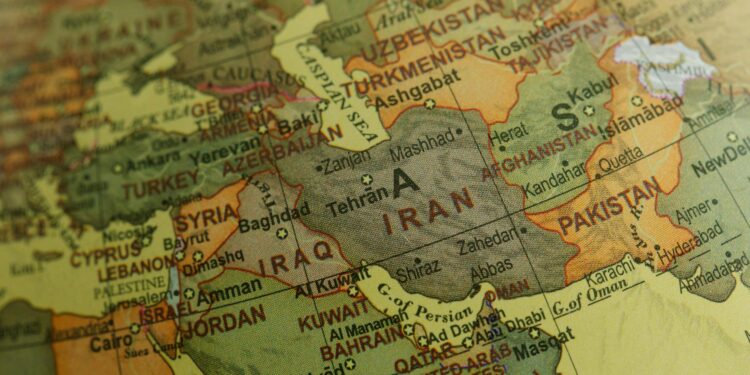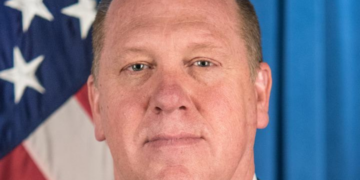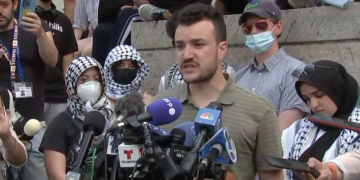The United States launched coordinated airstrikes on three Iranian nuclear sites on Saturday, June 21st, in a significant military escalation. President Donald Trump announced the operation had “obliterated” enrichment facilities at Fordo, Natanz, and Isfahan. This airstrike marks a sharp response amid rising hostilities between Iran and Israel over nuclear weapons concerns and ongoing regional military engagements.
According to U.S. Defense Secretary Pete Hegseth, the strikes—dubbed “Operation Midnight Hammer”—involved over 125 aircrafts, including stealth B-2 bombers. The Pentagon confirmed that bunker-busting GBU-57 bombs and Tomahawk missiles were deployed to neutralize the heavily fortified Iranian sites. Trump stated, “If they do not [seek peace], future attacks will be far greater,” warning Tehran against retaliation. Officials emphasized the mission’s narrow focus on disabling Iran’s nuclear infrastructure.
Iranian authorities downplayed the damage, claiming facilities had been evacuated. The Iranian Atomic Energy Organization labeled the attacks a “barbaric violation” of international law. Iran’s Foreign Minister Seyed Abbas Araghchi said, “The United States has committed a grave violation of the UN Charter on use of force.” The International Atomic Energy Agency (IAEA) and Saudi Arabia reported no detected radioactive fallout across Gulf states following the bombardment.
Tehran responded hours later with missile barrages targeting Israeli cities. Explosions were reported in Tel Aviv and Haifa, injuring at least 86 civilians. Iran’s President Masoud Pezeshkian warned of “more devastating” retaliations if Israel continued its aerial campaign. Supreme Leader Ayatollah Ali Khamenei said U.S. involvement would result in “irreparable damage.” Iran faces strategic choices: immediate retaliation, delayed action, or pursuing diplomatic channels.
In the U.S., political reactions have been polarized. While Republicans like Senator Ted Cruz endorsed Trump’s move, others, such as Marjorie Taylor Greene and Senator Bernie Sanders, criticized the unilateral decision. Sanders called the strikes “grossly unconstitutional.” Democratic lawmakers pointed to the War Powers Resolution, which limits presidential military authority without congressional approval.
International reactions were mixed. UN Secretary-General António Guterres condemned the strikes as a “dangerous escalation.” The European Union urged all parties to de-escalate. The UK and India called for diplomacy, while Russia’s Dmitry Medvedev accused Trump of starting a new war. Satellite imagery confirmed extensive cratering at Fordow, indicating the likely use of bunker-buster bombs during the raid.













